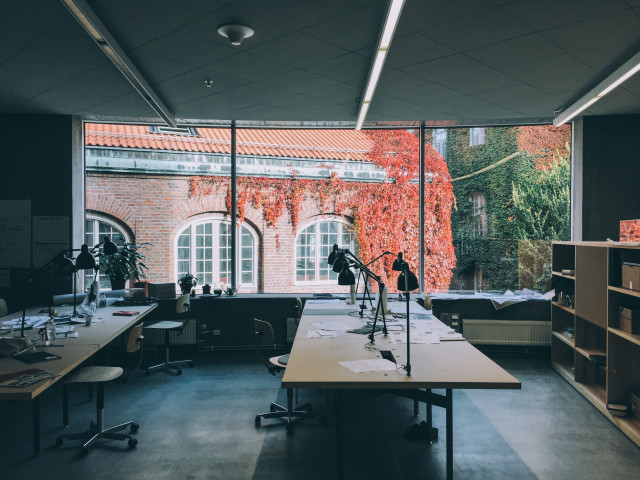The teaching consists of lectures and compulsory laborative experiments.
• Physiological sensors
• Biosignals, its origins and significance
• Characteristics of different sensors
• Instrumentation in physiological measurements
• Methods for measuring temperature, pressure, flow and volume of blood and respiratory gases
• Signal processing applied to sport-related signals
• Possibilities, limitations and sources of error in different methods
The overall goal of this course is to provide a deeper understanding of measurable sport-related signals in the human body and instrumentation, to increase understanding of the function and application of modern sports and medical sensors and measurement principles, processing and presentation of results, and the ability to construct the measuring system for measuring physiological parameters.
After successful completion of the course the student will be able to:
• explain different sport-related signals (e.g. bioelectrical, respiratory gases) origin and significance.
• judge the characteristics of different sensors, the advantages and disadvantages, and choosing appropriate sensors for measuring force, movement, pressure, flow, volume and concentration of blood and respiratory gases.
• evaluate the possibilities, limitations and sources of error in various methods of signal processing applied on sport-related signals.
• use a few sensors, such as accelerometer, thermistors, piezoelectric, optical and magnetic to measure physiological signals.
For higher grades it is also required that the student:
• Given a sport-related problem, is able to identify relevant criterias and design several relevant solutions.
• can work independently to large degree within sport-related instrumentations.
